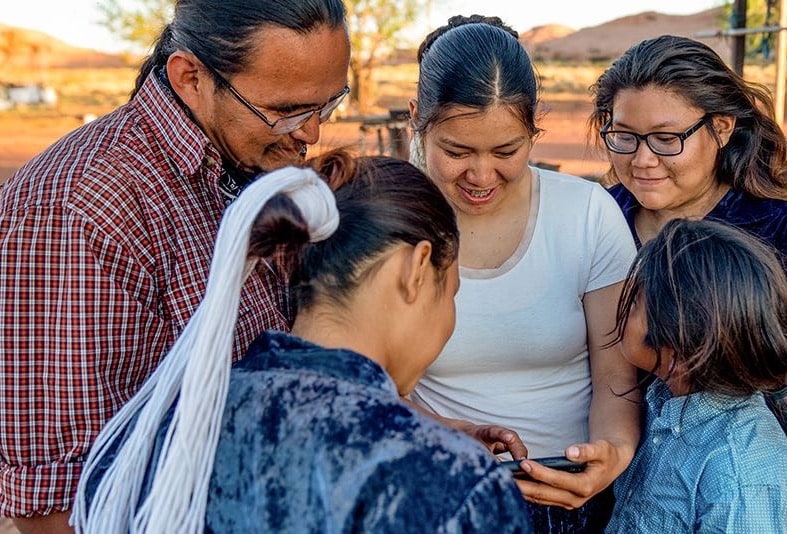NCCDPHP’s Programs to Equitably Address Social Determinants of Health
The National Center for Chronic Disease Prevention and Health Promotion (NCCDPHP) invests directly in communities to reduce chronic diseases among groups affected by health disparities. To equitably address social determinants of health (SDOH), reduce barriers to health, and promote health and wellness for all, NCCDPHP supports programs and partnerships that emphasize community outreach and engagement; evidence-based interventions; and expanding the evidence for promising practices. Select a program below to learn more.

Funds communities to develop multisector action plans to address SDOH
Supports national organizations to advance the prevention of commercial tobacco use and cancer in populations experiencing tobacco- and cancer-related health disparities
Supports training and use of community health workers in communities that have been most affected by COVID-19
Funds academic research centers to conduct innovative, community-level public health research to prevent chronic disease, especially among groups affected by health disparities
Seeks to promote health, prevent chronic diseases, reduce health disparities, improve social determinants of health, and strengthen connections to culture and community practices among American Indian and Alaska Native populations
Funds communities to reduce health disparities among racial and ethnic populations with the highest rates of chronic diseases and risk behaviors
Funds community coalitions that have demonstrated impact in advancing health equity by addressing SDOH
Funds national organizations to offer evidence-based, cost-effective interventions that help prevent type 2 diabetes in communities that have an increased risk of diabetes and are underserved by diabetes prevention programs
Helps women with lower incomes and little or no health insurance gain access to timely breast and cervical cancer screening and diagnostic and treatment services
Screens women with low incomes for heart disease risk factors and refers women to community resources that can help them reduce their risk for heart disease
Supports work to advance health equity by identifying and eliminating tobacco-related inequities and disparities